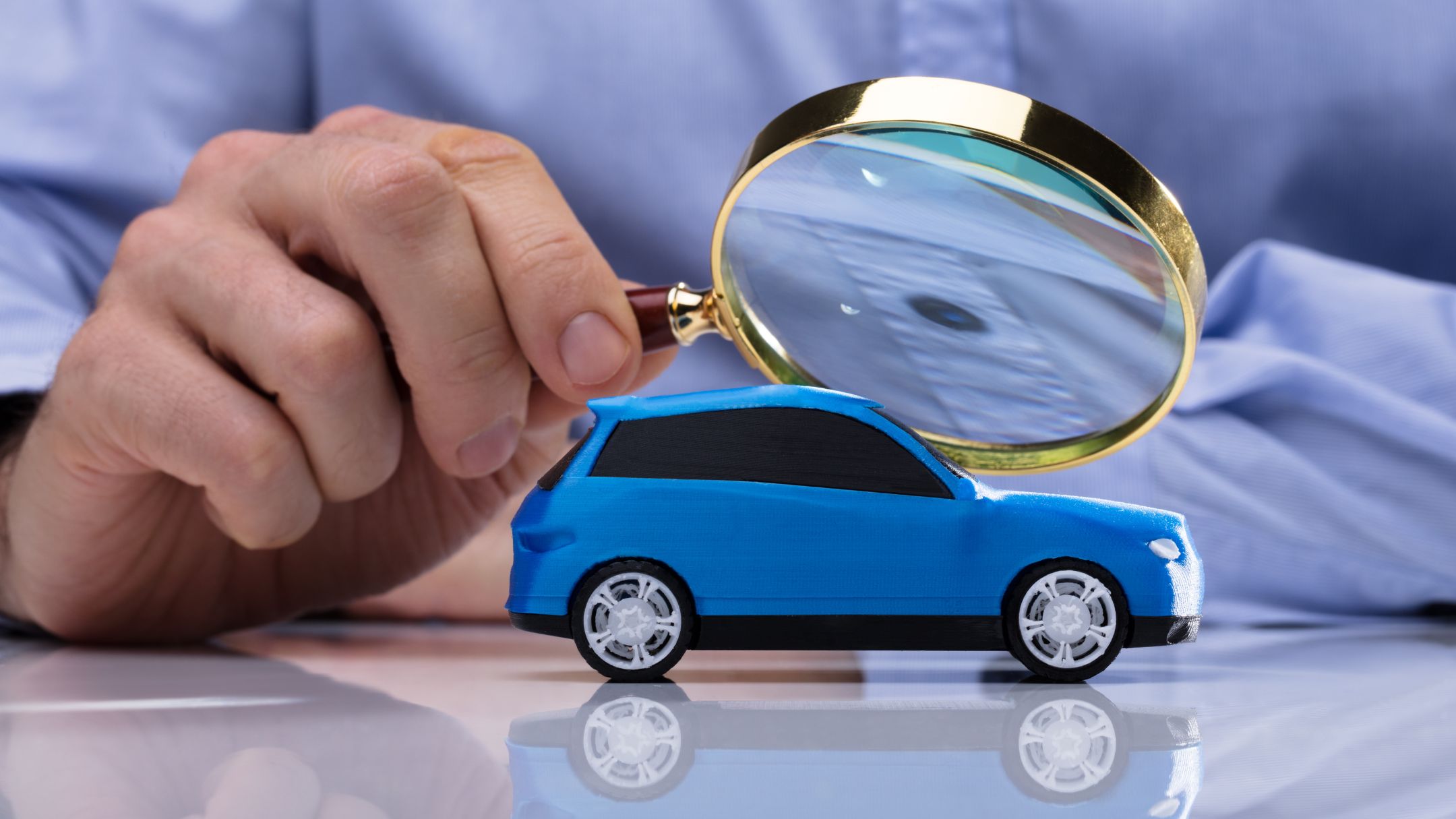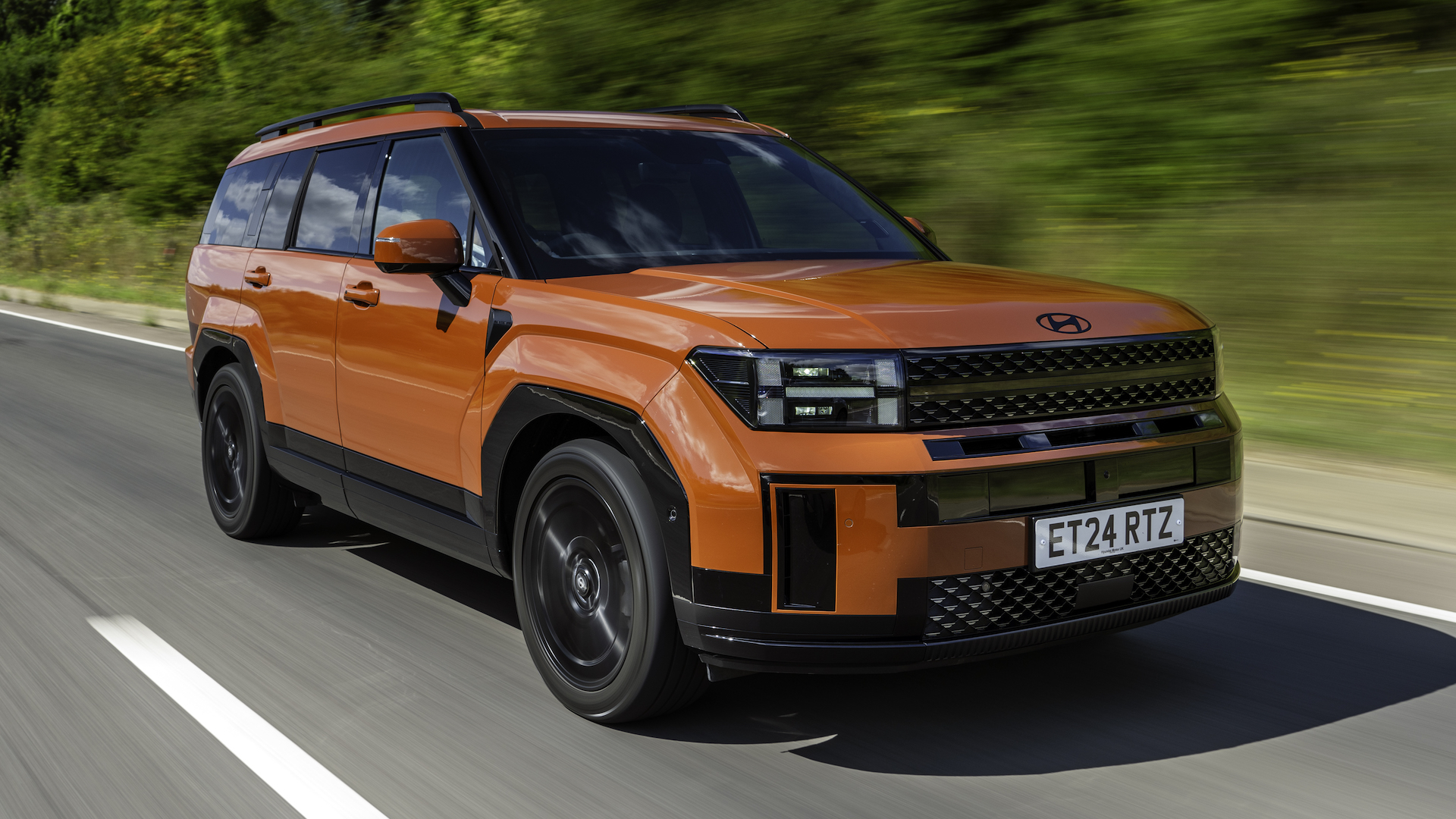NHS Car Lease Scheme – What It Is and How It Works
If you work for the NHS, you might be eligible for a car through a salary sacrifice lease scheme. Here’s how it works and what to consider before signing up.

The NHS Car Lease Scheme – Is It Worth It?
If you work for the NHS, you’ve probably heard about the car lease scheme — maybe from a colleague who’s got a shiny new EV parked outside. On the surface, it sounds ideal: brand-new car, no upfront cost, and everything bundled into one monthly payment.
Let’s break it down in plain English, with all the pros and cons, and how it stacks up against getting a car through a personal lease instead.
So… what is the NHS car lease scheme?
Basically, it’s a salary sacrifice scheme — meaning the cost of leasing a car is taken out of your wages before tax and National Insurance. That saves you a bit on tax and bundles loads of stuff together into one neat monthly payment.
Your monthly lease payment typically covers:
The car itself
Insurance
Breakdown cover
Road tax
Servicing and maintenance
Tyres, MOTs, the lot
It’s usually arranged through a third-party provider (like Tusker), and you pick a car from an approved list through your NHS Trust. It’s designed to be simple and hassle-free, especially if you just want a car that “does everything”.
Who can actually get one?
It depends on your trust, but you’ll normally need to:
Be a permanent staff member
Have finished your probation period
Earn enough to cover the monthly cost without dropping below minimum wage
Not be due to go on extended leave or leave your job soon
Best bet? Check your staff intranet or give HR a nudge to find out if your trust offers it and what their criteria are.
What’s great about it?
The scheme definitely has its perks — especially if you like keeping things simple.
No big bills – everything’s included, so you won’t get hit with surprise costs
No credit check – handy if your credit history isn’t perfect
Tax savings – since payments come out before tax, your take-home pay might go a bit further
Stress-free driving – you don’t have to think about insurance renewals or servicing schedules
Electric cars are cheaper – if you go electric, the tax perks are even better
For some people, especially those who just want a reliable car with no faff, it’s ideal.
But… it’s not perfect
There are a few things to think about before jumping in:
You don’t own the car – it's a lease, so you’ll hand it back at the end
You’re locked in – if you leave your job, go on maternity, or want to end the lease early, you could face big charges
Your take-home pay will drop – even with tax savings, you’ll see less money in your bank each month
You don’t always get a huge choice – you’ll have to pick from the list your trust offers
Mileage caps apply – and going over them isn’t cheap
It can affect your pension or other benefits – salary sacrifice might slightly reduce pension contributions or things like maternity pay
In other words: it’s convenient, but make sure it actually fits your lifestyle and income.
What about electric cars?
Most of these schemes push electric cars pretty hard — and for good reason.
Electric cars:
Are cheaper to run (no fuel, less maintenance)
Have lower tax thanks to reduced Benefit-in-Kind rates
Are exempt from ULEZ and congestion charges
Come with plenty of support under these NHS schemes
If you’ve ever thought about going electric, this is one of the easiest ways to try it out — especially with everything included.
Can I lease a car privately instead?
Yes — and honestly, it might suit you better, depending on your situation.
With a personal lease:
You usually get more choice of cars, trims, colours, and contracts
You’re not tied to your job — if you leave, nothing changes
You can customise the deal to suit your mileage, term length, and budget
You’re in full control of the car and how it fits your life
Your other benefits (like maternity or pension) aren’t affected
It’s also easier to walk away, upgrade, or change things if life throws you a curveball — and sometimes, if you’re not fussed about bundled extras, it can even be cheaper.
Final thoughts
The NHS lease scheme is a brilliant option for a lot of people. If you want a worry-free car with everything included and you're planning to stay in your role for the full term, it’s a super convenient way to drive something new — especially electric.
But it’s not for everyone. If you prefer more flexibility, want a different car than the options available through the scheme, or just don’t want to reduce your gross pay, a personal lease might make more sense.
Still unsure? We’re happy to help you compare the two — no sales pitch, just honest advice. Whether you lease through the NHS or directly with us, we’ll help you figure out what works best for you.
You're doing amazing work — let us help make the drive to and from it feel just as good.
What's next?
Enjoyed this? Read our latest news

The Best 6-Seat Cars in the UK
Whether it’s a big family, car shares or just needing extra room, 6-seaters are a smart sweet spot between a regular car and a full-on people carrier. Here are our favourites.

Can You Modify a Leased Car? Here’s What You Can (and Can’t) Do
Leasing a car doesn’t always mean you’re stuck with a factory spec — but there are limits. We explain what mods you can do, what’s a no-go, and what to check before making changes.

NHS Car Lease Scheme – What It Is and How It Works
The NHS car lease scheme gives staff access to new cars through salary sacrifice. We explain who’s eligible, what it includes, and whether it’s the right option for you.
Customer Stories
We've helped over 1,000+ customers find their dream car, hear what they have to say.
Read more reviews“As usual, top class service. The team at Motorlet provided first class service from beginning to end with the friendly helpful expertise of Josh and Wendy. Will continue to use their services as I have done for the past six years...” Keep reading
Diane Parish | Audi Q5

New deals weekly
Subscribe to get the latest offers, guides, new, and more, straight to your inbox.


















